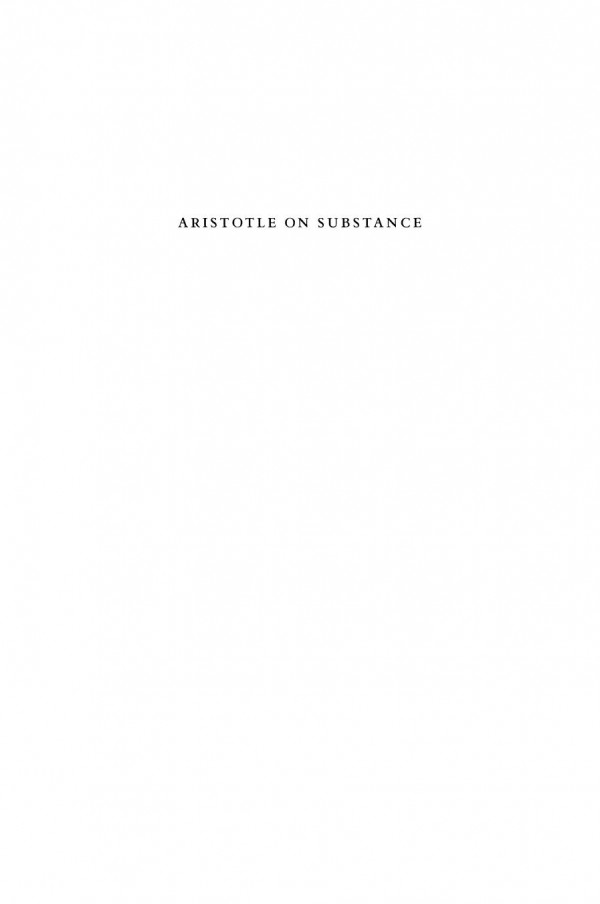

Most ebook files are in PDF format, so you can easily read them using various software such as Foxit Reader or directly on the Google Chrome browser.
Some ebook files are released by publishers in other formats such as .awz, .mobi, .epub, .fb2, etc. You may need to install specific software to read these formats on mobile/PC, such as Calibre.
Please read the tutorial at this link: https://ebookbell.com/faq
We offer FREE conversion to the popular formats you request; however, this may take some time. Therefore, right after payment, please email us, and we will try to provide the service as quickly as possible.
For some exceptional file formats or broken links (if any), please refrain from opening any disputes. Instead, email us first, and we will try to assist within a maximum of 6 hours.
EbookBell Team

5.0
18 reviewsThis book explores a fundamental tension in Aristotle's metaphysics: how can an entity such as a living organisma composite generated through the imposition of form on preexisting matterhave the conceptual unity that Aristotle demands of primary substances? Mary Louise Gill bases her treatment of the problem of unity, and of Aristotle's solution, on a fresh interpretation of the relation between matter and form. Challenging the traditional understanding of Aristotelian matter, she argues that material substances are subverted by matter and maintained by form that controls the matter to serve a positive end. The unity of material substances thus involves a dynamic relation between resistant materials and directive ends.
Aristotle on Substance offers both a general account of matter, form, and substantial unity and a specific assessment of particular Aristotelian arguments. At every point, Gill engages Aristotle on his own philosophical ground through the detailed analysis of central, and often controversial, texts from the Metaphysics, Physics, On Generation and Corruption, De Anima, De Caelo, and the biological works. The result is a coherent, firmly grounded rethinking of Aristotle's central metaphysical concepts and of his struggle toward a fully consistent theory of material substances.